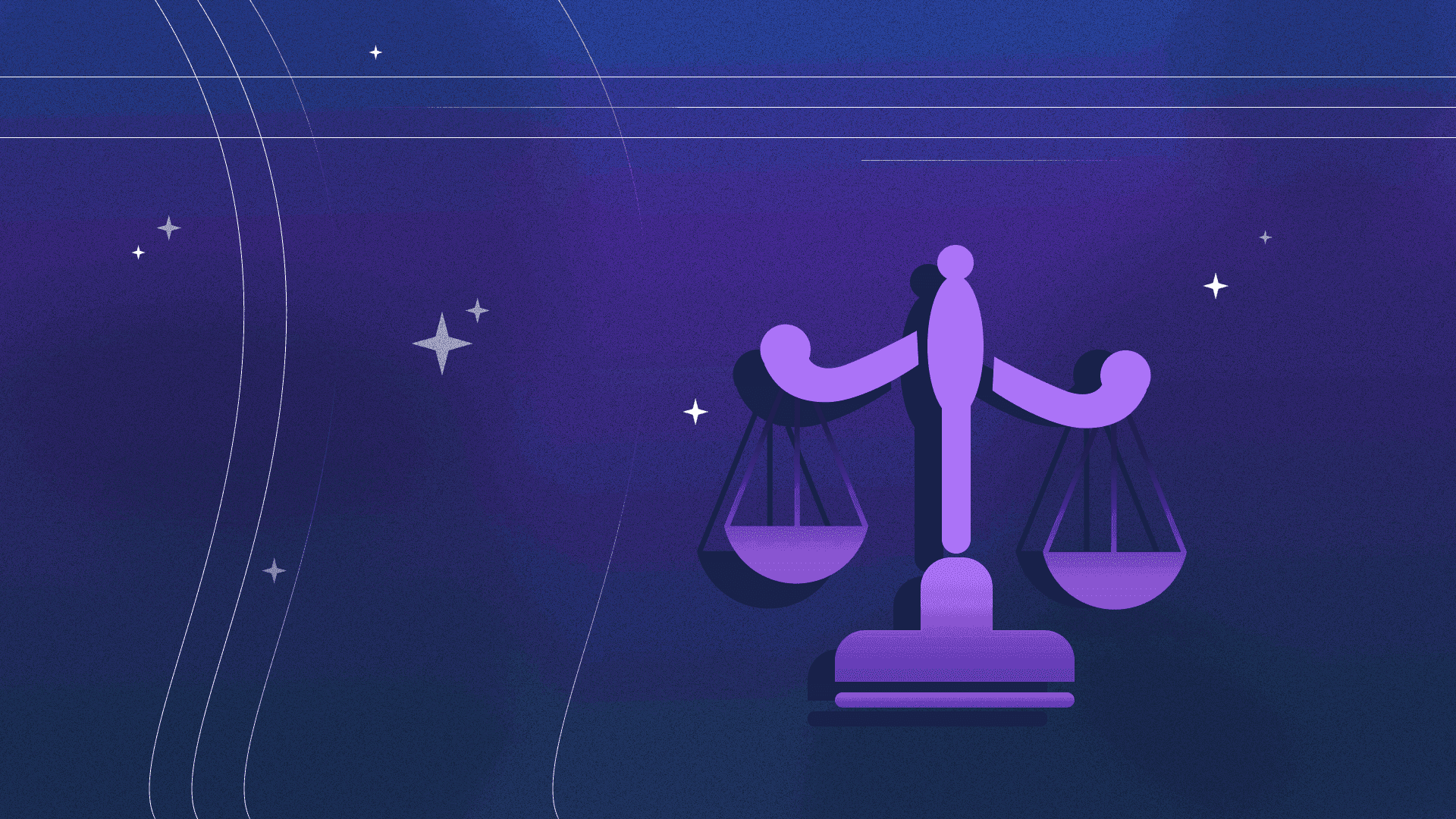What Laws Apply In Metaverse?

The Metaverse is not a real world; it's a virtual world that only exists on the internet. However, there are some rules and laws. There is Metaverse law applied decisively in this virtual world to establish the rules and maintain the regulation metaverse.
In Metaverse, many unique features madeMetaverse a popular destination for online gaming, social networking, and business transactions. Therefore, these activities need Metaverse law to protect them.
In this post, Metastack will look closely at what this virtual world entails and what Metaverse law applies there.
What Is Metaverse?
Metaverse is a decentralized platform; this means you will find there is no central authority to control the virtual world. You will be free to create or buy your digital properties in Metaverse.
The Metaverse is based on blockchain technology, where you can sort your smart contracts on the blockchain and can be used in other virtual and real worlds. Metaverse was created in 1992 by Neal Stephenson.
What Laws Apply To Metaverse?
Currently, no Metaverse law explicitly regulates it or other virtual worlds. However, the general internet laws are also considered as Metaverse laws, including copyright, defamation, contract, and more. Users can use these laws to solve any Metaverse legal issues and to keep the regulation Metaverse. So, what are these laws?
Copyright Law
Copyright law is to protect original works of authorship, such as books, films, and songs. If you create something in Metaverse like a copyrighted work in the real world, you may also be violating the copyright.
For example, in this Metvesre law, if you create an avatar based on a copyrighted character, the copyright owner can sue you for infringing their copyright.
Other Intellectual Property Laws
Intellectual property law is to protect inventions, trademarks, and other creativities. In Metaverse law, this law protects virtual goods and services like avatars, digital real state, and virtual artwork.
Contract Law
In the Metaverse, contract law applies to agreements between users, such as the sale of virtual goods to the rental of virtual real estate.
If you make a binding agreement with someone in the Metaverse, Contract Law requires you to comply with the terms of the contract. For example, if you sell a virtual property to someone and they don't pay you or are late in paying the due date mentioned in the contract, you can sue them for breach of the terms of the contract, according to the Metaverse law.
Tort Law
In Metaverse law, tort law applies to any harm caused by another user. It is a law for civil wrongs, such as personal injuries and property damage.
For example, if someone assaulted you physically in Metaverse, this law allows you to sue who attacked you.
Defamation Law
In Metaverse law, defamation law applies to user-created content that is critical of another person or company. It means saying hearsay or false news or harmful statements about someone in Metaverse makes you liable for defamation in the real world.
Conclusion
The Metaverse is a virtual world with a set of laws. However, many actual laws apply in this virtual world. These laws guarantee people's rights and encourage existing investors to invest more and attract new investors. In this post, Metastack explained what the Metaverse law is, who is concerned with this law precisely, and in what cases.



